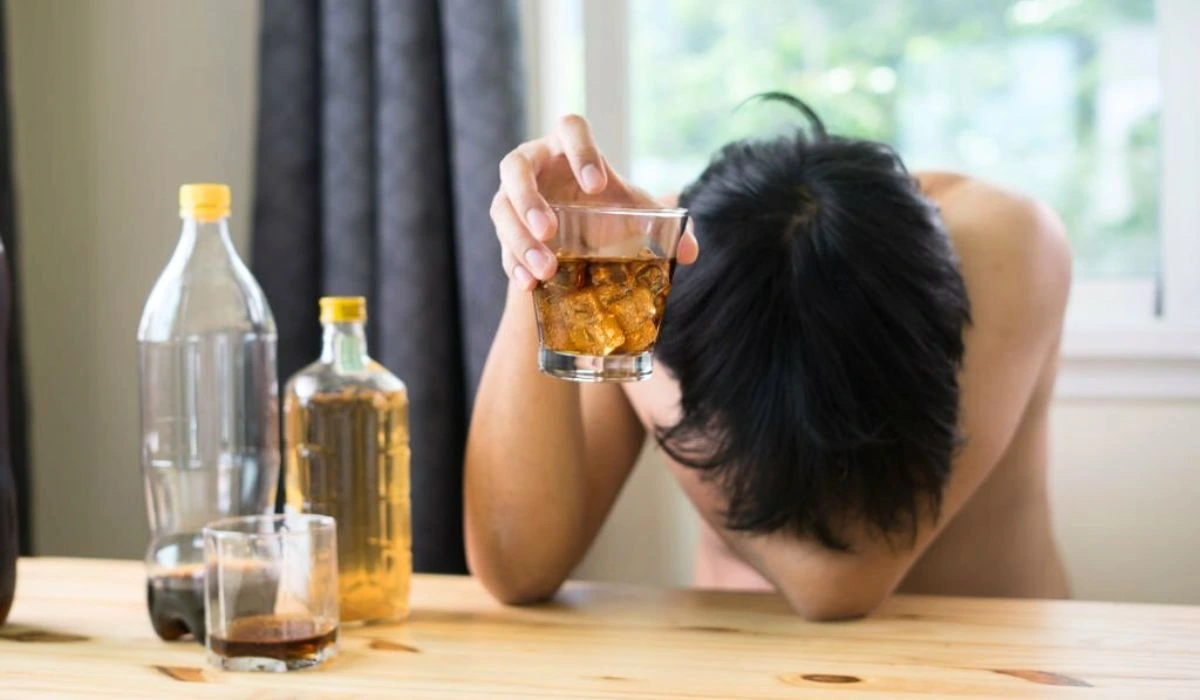Are you suffering from diarrhea after boozing last night? To start with, alcohol can have an impact on the manner in which your body digests food. Drinking alcohol in small quantities causes your digestive system to work faster than usual, which ultimately leads to diarrhea.
Furthermore, even if your stomach is upset or you have slight diarrhea, it can make the symptoms worse. Let’s try to delve deep into the changes made by alcohol in your body.
How Does Your Body Process Alcohol?
For your information, it is easy for your body to absorb alcohol. After having a drink, alcohol enters your bloodstream, and a part of the absorption happens in your stomach. During that time, if food is in your stomach, the absorption rate will be slow. It is due to the same reason that you feel the kick immediately when you have alcohol on an empty stomach.

Subsequently, alcohol will leave your stomach, and the small intestine will start absorbing it. A major portion of the alcohol is absorbed here, and the rest flows to your large intestine and goes out with the stool and urine.
Also Check: Best Exercise To Get Rid Of Man Boobs: Lose Embarrassing Chest Fat
4 Changes Made By Alcohol To Your Digestive System
At each stage, alcohol affects the normal functioning of your digestive system. Let’s quickly go through those four changes.
🔹 Speeds Up The Pace Of Digestion
Alcohol agitates your intestines, leading to an increase in the pace of digestion. As a result, muscles in the colon contract more often, ejecting stool faster than usual. It can end in diarrhea as the intestines do not get sufficient time to digest the passing food.
🔹 Inflammation
Due to contact with alcohol, your gastrointestinal tract gets inflamed. It can also cause a higher amount of acid production in the stomach, thus increasing irritation and inflammation. It is this irritation that finally leads to diarrhea.
🔹 Imbalance Of Bacteria
There is a wide range of bacteria in the intestines that attack harmful pathogens and keep your body in balance. When you drink alcohol, it temporarily kills off some bacteria species or lets others grow rapidly, thus resulting in a malfunction of the intestines.
🔹 Absorption Of Water
When you have food and liquids, they go to the intestines, and subsequently, water is absorbed. The next step is for the large intestine to take away liquid from your stool before it is ejected out of your body. However, the presence of alcohol adversely affects the function of the large intestine, leading to liquid stools and dehydration.
Higher Risk Categories Of Alcohol-Induced Diarrhea
- People suffering from bowel diseases such as Crohn’s disease, celiac disease, and irritable bowel syndrome may be more reactive to alcohol and end up with diarrhea.
- According to some studies, among those with a lack of sleep, the digestive system will be more sensitive to the effects of alcohol.
- People with irregular sleep schedules, such as those working night shifts, may also suffer from diarrhea after consuming alcohol.
Tips To Keep Alcohol-Related Diarrhea At Bay
By keeping the below points in mind, you can ease the symptoms of diarrhea caused by alcohol consumption.
- Cut down on or stay away from caffeine: Coffee, soda, and other caffeinated or carbonated drinks can aggravate your diarrhea.
- Eat bland foods: Have foods that are easily digestible, such as bananas, crackers, and toast, that relieve you from further irritation.
- Be hydrated: When you drink water, broth, and other liquids, it aids in restoring your electrolytes, thus preventing dehydration.
- Use anti-diarrheal medication as directed: Loperamide (Imodium) is an effective medicine for slowing or stopping diarrhea. Bismuth subsalicylate (Pepto-Bismol) is another medicine that offers relief while suffering from an upset stomach and other related symptoms.
Conclusion
I hope now you have more clarity on how drinking alcohol causes diarrhea. After trying out all the above tips, if diarrhea still persists, it is better to consult a doctor. Also, in cases of symptoms such as persistent diarrhea lasting more than 2 days, weakness and fatigue, fever,
dry mouth and continuous thirst, low or no urine even with extra fluid intake,
infrequent urine that is often very dark in color, black stool not caused by an antidiarrheal medication, intense cramps and pain, dizziness or lightheadedness, and bloody stool, it is quite essential to consult a medical practitioner.
Read More: Home Remedies For Bad Smelling Gas: Find The DIY Solutions